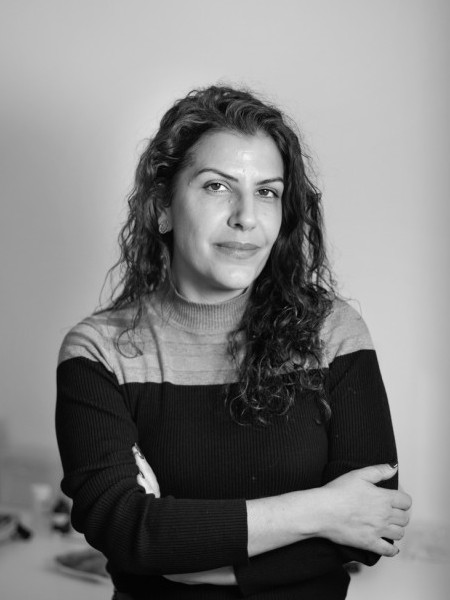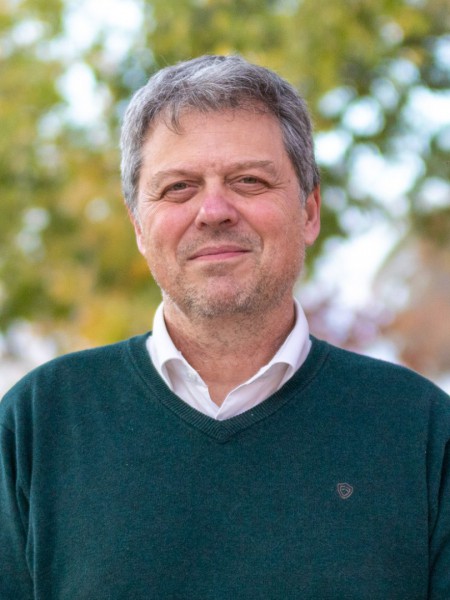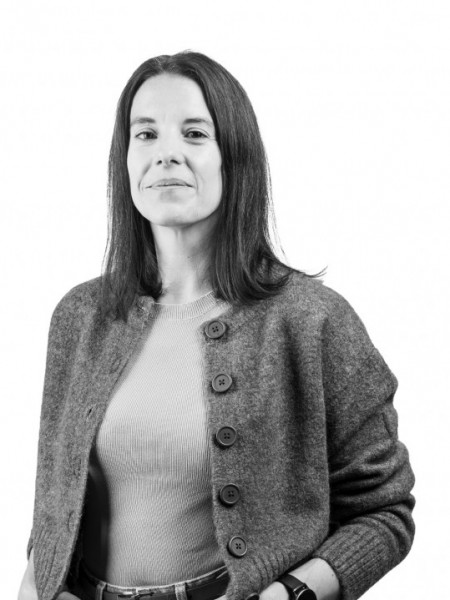abstract
Cell-based therapies require a large number of cells, as well as appropriate methods to deliver the cells to damaged tissue. Microcarriers provide an optimal platform for large-scale cell culture while also improving cell retention during cell delivery. However, this technology still presents significant challenges due to low-throughput fabrication methods and an inability of the microcarriers to recreate the properties of human tissue. This work proposes, for the first time, the use of methacryloyl platelet lysates (PLMA), a photocrosslinkable material derived from human platelet lysates, to produce porous microcarriers. Initially, high quantities of PLMA/alginate core-shell microcapsules are produced using coaxial electrospray. Subsequently, the microcapsules are collected, irradiated with ultraviolet light, washed, and freeze dried yielding PLMA microsponges. These microsponges are able to support the adhesion and proliferation of human adipose-derived stem cells, while also displaying potential in the assembly of autologous microtissues. Cell-laden microsponges were shown to self-organize into aggregates, suggesting possible applications in bottom-up tissue engineering applications. Impact StatementMicrocarriers have increasingly been used as delivery platforms in cell therapy. Herein, the encapsulation of human-derived proteins in alginate microcapsules is proposed as a method to produce microcarriers from photopolymerizable materials. The capsules function as a template structure, which is then processed into spherical microparticles, which can be used in cell culture, cell delivery, and bottom-up assembly. As a proof of concept, this method was combined with lyophilization to process methacryloyl platelet lysates into injectable microsponges for cell delivery.
keywords
STEM-CELLS; SCAFFOLDS; MICROCARRIERS; MICROPARTICLES; MICROFLUIDICS; MICROCAPSULES; GENERATION; DELIVERY; CULTURE; BONE
subject category
Cell Biology; Engineering; Materials Science
authors
Ladeira, BMF; Gomes, MC; Custodio, CA; Mano, JF




